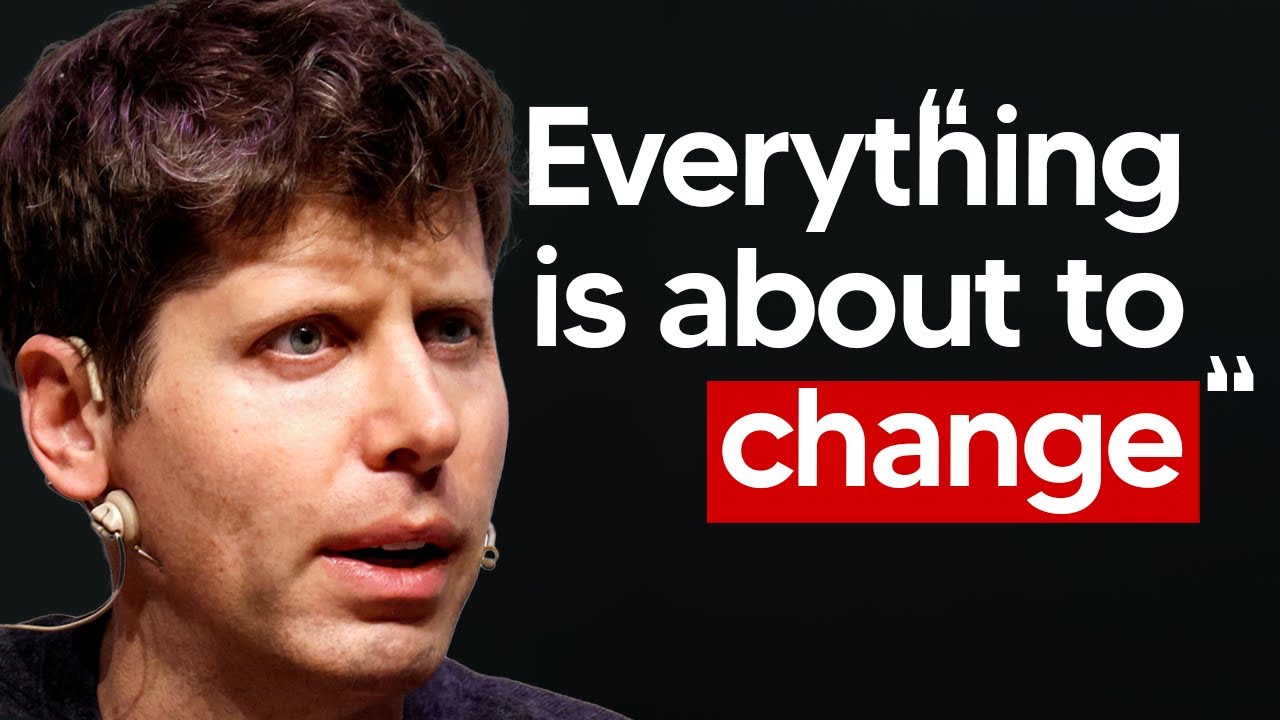The video discusses the transformative impact of AI on the economy and job market, emphasizing the need for individuals to adapt and leverage AI tools while highlighting concerns about job displacement and the future of work. It explores the potential of Universal Basic Income (UBI) as a solution to economic disruption caused by AI, suggesting that advanced automation could lead to fewer human workers being needed, fundamentally reshaping the workforce and economy.
Post AGI Economics : UBI About To Change Everything, CNN Lays Off 100 Staff, New Predictions On Jobs
The video discusses the profound implications of artificial intelligence (AI) on the economy and the workforce, highlighting the need for individuals to adapt and leverage AI tools effectively. It starts with an interview featuring Alex Hozie, who emphasizes that while AI, like ChatGPT, can boost productivity significantly, many small business owners are still unaware of its capabilities. This creates a disparity where those who understand and can utilize AI effectively will have a distinct advantage. The discussion suggests that although AI can automate many tasks, the immediate future will still rely heavily on human judgment and oversight, particularly in fields where expertise is essential to evaluate AI-generated outputs.
The video then transitions to the current state of the workforce, noting how AI has already begun to disrupt jobs, often negatively. Citing examples from Amazon, it highlights that the company is increasingly replacing human workers with robots, raising concerns about job security across various sectors. Predictions from institutions like McKinsey and Goldman Sachs project millions of job losses worldwide due to AI by 2030. This underscores a growing anxiety among workers, both blue-collar and white-collar, about the potential for increased stress, surveillance, and layoffs resulting from AI’s integration into workplaces.
The conversation shifts focus to the regulatory environment, particularly in Europe, where laws require companies to consult with workers before implementing AI technologies. This contrasts with the more top-down approach often seen in the U.S., where employees feel like victims of corporate decisions regarding AI deployment. The video argues that establishing protections and encouraging worker participation in discussions about AI could lead to smoother transitions and greater productivity that benefits both companies and their employees.
The concept of Universal Basic Income (UBI) is explored as a potential solution to the economic disruption caused by AI. The video references recent pilot programs, like one in Ireland, which provide guaranteed income in exchange for participation in surveys about well-being. UBI could encourage individuals to pursue more creative and socially beneficial work rather than being forced into unstable jobs. This consideration is especially pertinent for caregiving and parenting roles, which are often undervalued in the current economic framework.
Finally, the video presents a more speculative view on the future of work, suggesting that as AI becomes more advanced, it could lead to a scenario where few human employees are needed at all in some organizations. This could result in AI performing the majority of tasks autonomously, significantly altering the job landscape. The implications of such a shift raise questions about the structure of the economy, the role of businesses, and the potential for AI companies to provide basic income, rather than governments, as they become more capable of operating without human involvement. Overall, the video paints a complex picture of the future shaped by AI, with both challenges and opportunities ahead.
